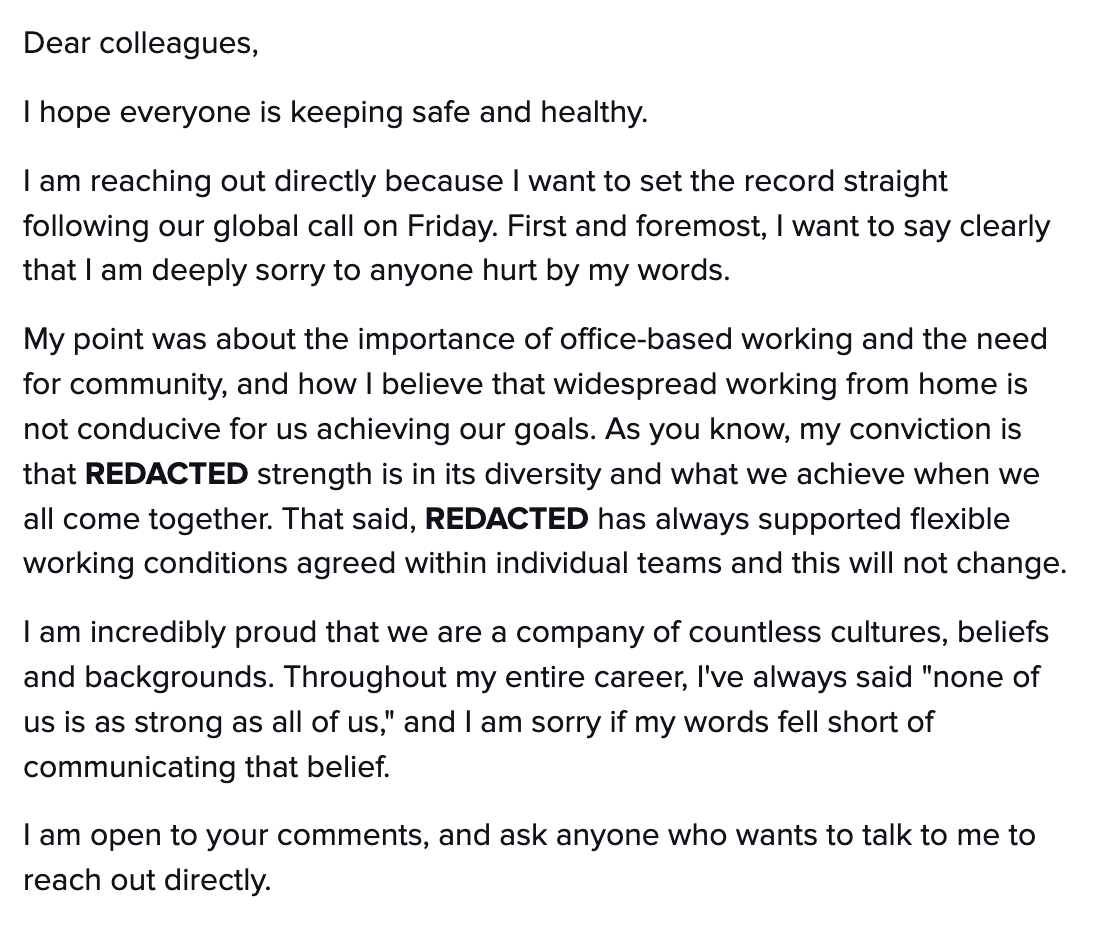
I just talked with a tech lead based out of Ukraine at EPAM, a tech company with more than 10K employees in Ukraine & 4K in Kyiv. EPAM also has large offices in Belarus and Russia.
Here's what I learned about the situation at the company, how the war affects it and how to help:
Here's what I learned about the situation at the company, how the war affects it and how to help:
1. Evacuation. There's an incredible behind-the-scenes effort both locally and outside Ukraine. In Kyiv employees help each other with medicine, supplies, transport. Within Ukraine they transport each other+families. On the borders in Poland & Romania EPAMers pick up families.
2. The company's current priorities are
a) People
b) Revenue
c) Profits
d) Reputation
They are putting people's safety first to the extent that they can. Which is also why their CEO gave a watered-down official statement many criticize. He wants to keep *all* employees safe.
a) People
b) Revenue
c) Profits
d) Reputation
They are putting people's safety first to the extent that they can. Which is also why their CEO gave a watered-down official statement many criticize. He wants to keep *all* employees safe.
3. The tension between Russian, Berlarusian & Ukranian employees. In general, people are supportive and all shocked. Most of them work together fine, and apart from a few flare-ups there's not much drama. This story is more of an outlier than everyday:
https://twitter.com/GergelyOrosz/status/1498556243409051649?s=20&t=UEpOPLUCULO3MtEyOv2nnQ
4. The Ukranian work morale. This employee was working in a part of the country not yet invaded, but at risk. He was doing it out of his own will.
In his group of ~50 people, 45 showed up for work on Mon. The company told everyone to put their safety first over work: and still.
In his group of ~50 people, 45 showed up for work on Mon. The company told everyone to put their safety first over work: and still.
5. Belarusian colleagues. Belarus police state. There's an incredible amount of information policing. Being an admin of a telegram channel can get you
imprisoned. There's fear for police taking away colleagues even from EPAM.
imprisoned. There's fear for police taking away colleagues even from EPAM.
6. Russian colleagues. There's an incredible amount of propaganda and access to external media is very difficult. LinkedIn is banned, Twitter and Facebook hard to access etc.
The amount of propaganda Russians have had for a decade is truly nuts.
The amount of propaganda Russians have had for a decade is truly nuts.
7. "How can we, outside Ukraine help?" I asked this tech lead, stuck in Ukraine. His plead:
Appeal to government representatives. Ukraine needs help in the form of weapons to defend itself and even stricter sanctions on Russia. Money helps the least right now.
Appeal to government representatives. Ukraine needs help in the form of weapons to defend itself and even stricter sanctions on Russia. Money helps the least right now.
8. From other locals. Money *does* help they say.
I also think it does: both to the Ukrainian Army, Red Cross. But also don’t forget helping refugees (those who managed to escape).
I also think it does: both to the Ukrainian Army, Red Cross. But also don’t forget helping refugees (those who managed to escape).
https://twitter.com/maxua/status/1499032516870692866
• • •
Missing some Tweet in this thread? You can try to
force a refresh




